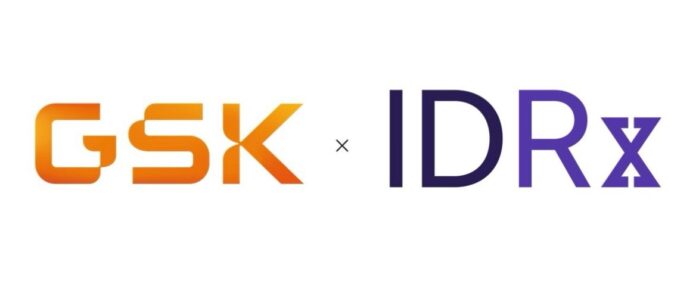Pharmaceutical giant GSK has officially sealed its acquisition of biopharma company IDRx Inc. in a high-stakes $1.15 billion deal aimed at strengthening its foothold in gastrointestinal cancer treatment. The transaction, which includes a $1 billion upfront payment and an additional $150 million contingent on project developments, signals a bold move in targeted cancer therapies.
A Strategic Expansion in Cancer Treatment
GSK PLC, formerly GlaxoSmithKline, now holds the reins to IDRX-42, a promising molecule designed to enhance the treatment of patients battling gastrointestinal stromal tumors. With resistance mutations limiting current options, GSK aims to propel IDRX-42 as a second-line treatment, addressing a critical unmet need.
As part of the agreement, GSK will also shoulder success-based milestone payments and tiered royalties for IDRX-42 owed to Germany’s Merck KGaA. A regulatory filing to the London Stock Exchange confirmed the deal’s terms, marking another significant move for the FTSE 100-listed company.
Regulatory Clearance Paves the Way
The acquisition secured the necessary antitrust clearance under the Hart-Scott-Rodino Act, a crucial hurdle in finalizing the transaction. With regulatory barriers cleared, GSK is poised to integrate IDRx’s assets into its rapidly growing oncology portfolio.
Legal and Advisory Powerhouses Behind the Deal
Navigating the complexities of this acquisition were legal heavyweights Goodwin Procter LLP, representing IDRx, and Davis Polk & Wardwell LLP, advising GSK. Their guidance ensured a seamless transition as GSK expanded its targeted cancer therapy initiatives.
A Game-Changer for Gastrointestinal Cancer Patients
“This acquisition adds to GSK’s growing pipeline of targeted therapeutics for cancers originating in the gastrointestinal tract,” said Hesham Abdullah, senior vice president at GSK. “We plan to advance IDRX-42 for second-line treatment of gastrointestinal stromal tumors, where there are no approved treatments to effectively address all resistance mutations, and accelerate development in an earlier setting.”



